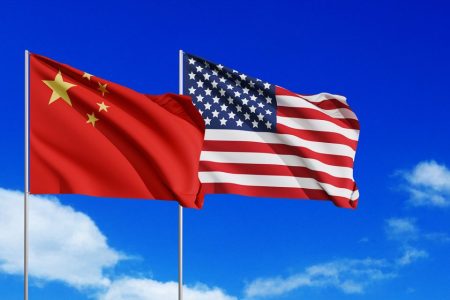China’s central bank has announced it will further lower interest rates, reduce down payment requirements and facilitate a trillion yuan ($138 billion) in extra funding for home-buyers – a suite of measures aiming to bolster the country’s sluggish property sector, Reuters reports.
Vice Premier He Lifeng has said that provincial-level governments would also be able to “repurchase” land sold to developers in cases where projects have stalled, while state-owned firms have been instructed to buy “some” homes at “reasonable” prices. He did not provide a target or timeline for the purchases, but the homes would be used as affordable housing.
China’s housing ministry described the “heavyweight policies” as marking “a significant historic moment” for the sector.
[See more: Everything you need to know about buying property in Macao]
Property investments, which for decades had been a major means of wealth creation for ordinary Chinese, took a turn in 2021 when a number of major developers – including the behemoth Evergrande – defaulted on their repayments to investors. The crash was sparked by new regulations designed to curb soaring property prices.
Since then, a drastic decline in investor confidence has seen sales worsen year-by-year. Some provinces and cities have made it easier for non-mainland Chinese, such as Macao and Hong Kong residents, to purchase property in an attempt to spur sales.
While the latest round of national-level measures are the boldest step towards resuscitating China’s property market yet, Raymond Yeung, chief Greater China economist at ANZ bank, warned that hurdles remain.
[See more: Lawmakers pass long awaited property bill]
“The biggest problem is whether the government purchase programme will induce private sector demand,” he told Reuters. “Clearing inventory will increase cashflow to developers and help their financial stability, but it does not address private sector confidence.”
Macao and Hong Kong’s respective property markets’ have also slumped in the past three years. Official figures show that the volume and value of residential properties sold in Macao in 2023 were languishing at about 65 percent of 2019’s pre-pandemic levels.
In response, Macao’s government recently scrapped all its remaining market curbs, something Hong Kong’s government did in late February.






